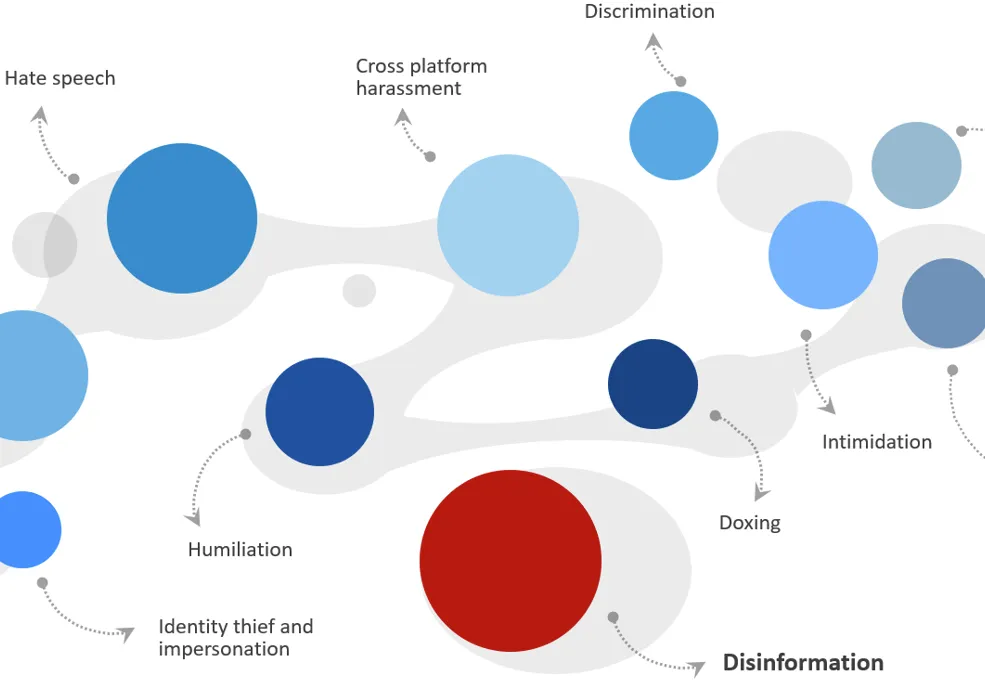
Protecting Electoral Processes in the Information Environment

Democracies worldwide are facing a decline in trust in public institutions and the political system, affecting election management bodies and electoral processes in ways that risk contested elections and societal instability. In some cases, this is due to flaws and shortcomings that are rightly criticised. However, in recent years, a key driver of the loss of public confidence in electoral processes are malign influencing practices in the information environment around elections.
Even where elections are well administered, political contestants or domestic or foreign malign actors may put forth misleading narratives of fraud, irregularities, and manipulation. Sometimes targeting electoral institutions, sometimes directly threatening electoral officials, these narratives aim at disrupting the democratic transfer of power and paving the way for losing candidates not accepting results and potential violence.
This project aims to improve the protection of electoral processes by countering malign influencing practices and learning from evolving discourse and engagement in six distinct target countries. Informed by global best practices and exchanges between the target countries, the project will enable national actors in target countries to identify suggestions for the way forward, work towards implementing these suggestions and share lessons learned with global audiences.
Activities in project countries
The in-country component of the project includes three key phases or ‘building blocks’: (1) a workshop for mapping the information environment and its actors with subsequent development of related documentation, (2) a workshop serving as a starting point for developing roadmaps for improving the protection of the electoral process from information environment threats and (3) taking first steps towards implementation of the roadmap.
Activities beyond project countries (interlinkages)
While the design and cooperative mechanisms on countermeasures are country-specific, these national-level networks and processes will inform and influence regional networks and global understanding. Globally produced resource kits will support in-country activities. Findings of country activities will be documented and shared between participants of different countries. The project will facilitate exchanges between the cohorts of the various country activities online and in-person. Globally relevant findings from all activities will be consolidated and made publicly available. International IDEA will ensure that recommendations from national-level processes inform global norm-building and practice.
News and Updates
Malaysia explores information environment challenges (11 December 2025) & Fiji strengthens electoral integrity through new partnership (19 December 2025)
Click here for more project news and updates by country.
International IDEA Analysis and Publications
Click here for a comprehensive list of open-access resources and materials.

Key contacts

Details
| Donors | |
|---|---|
| Funding / Award amount | 2,000,000 EUR |
| Project duration | July 15, 2023 - December 31, 2025 |